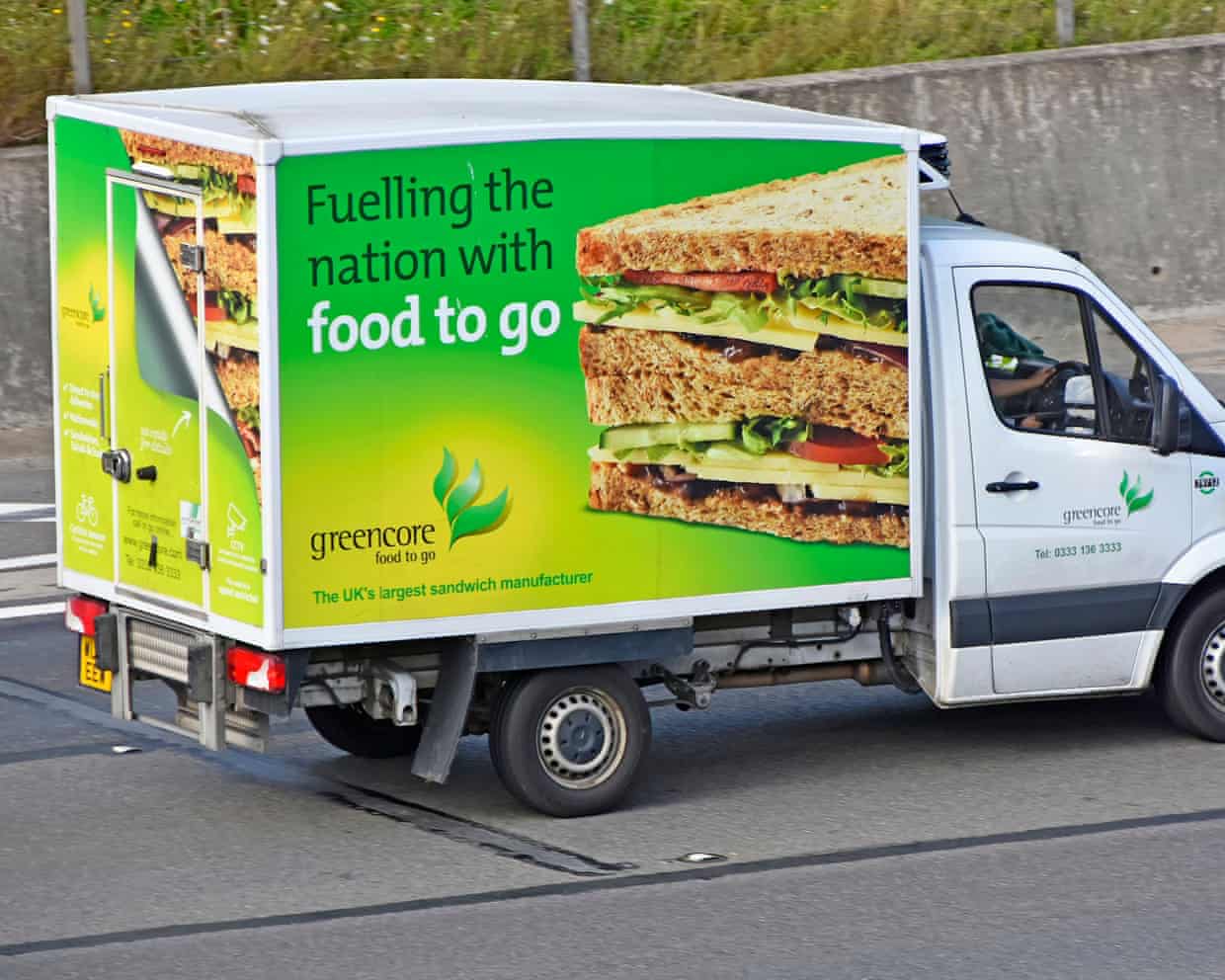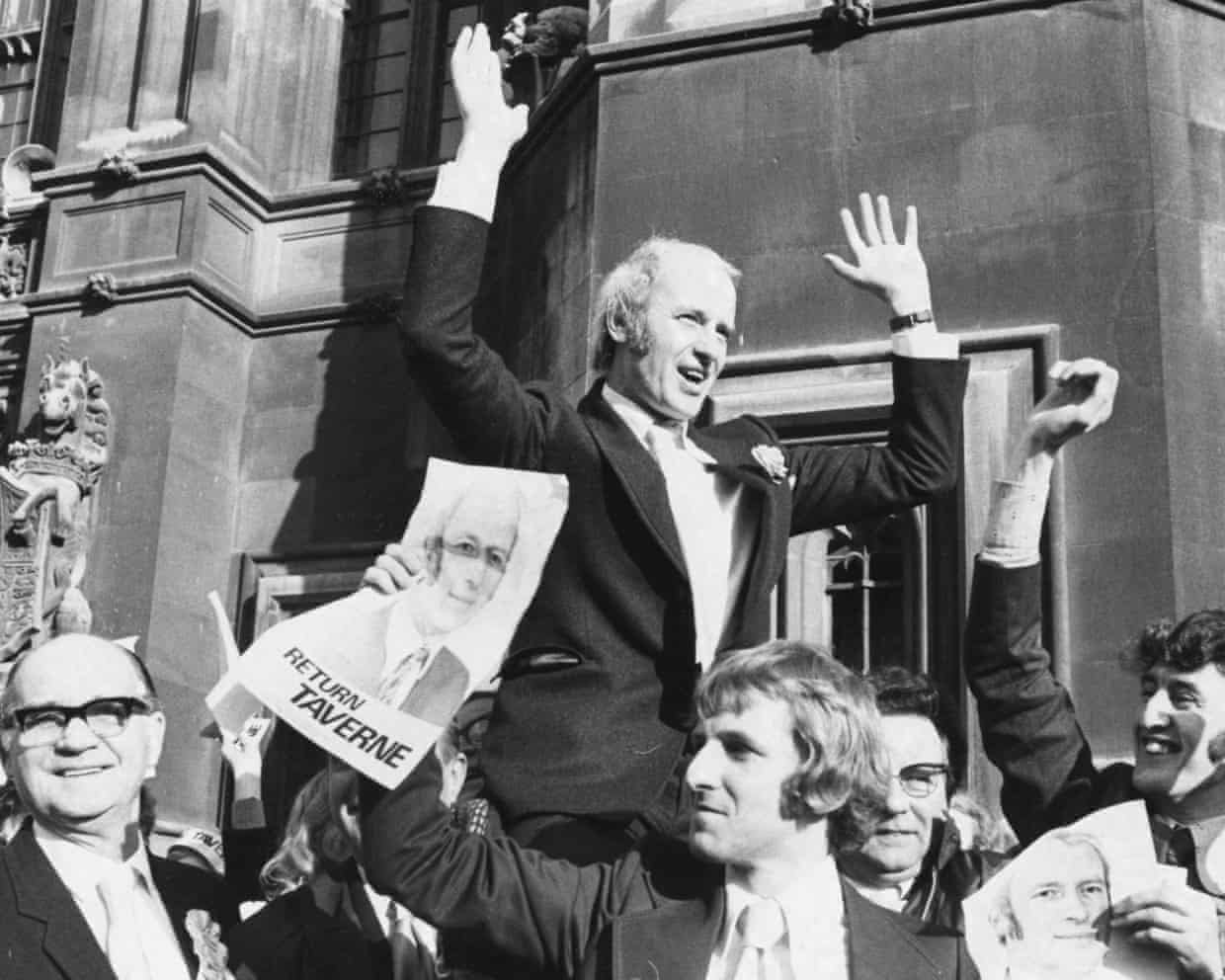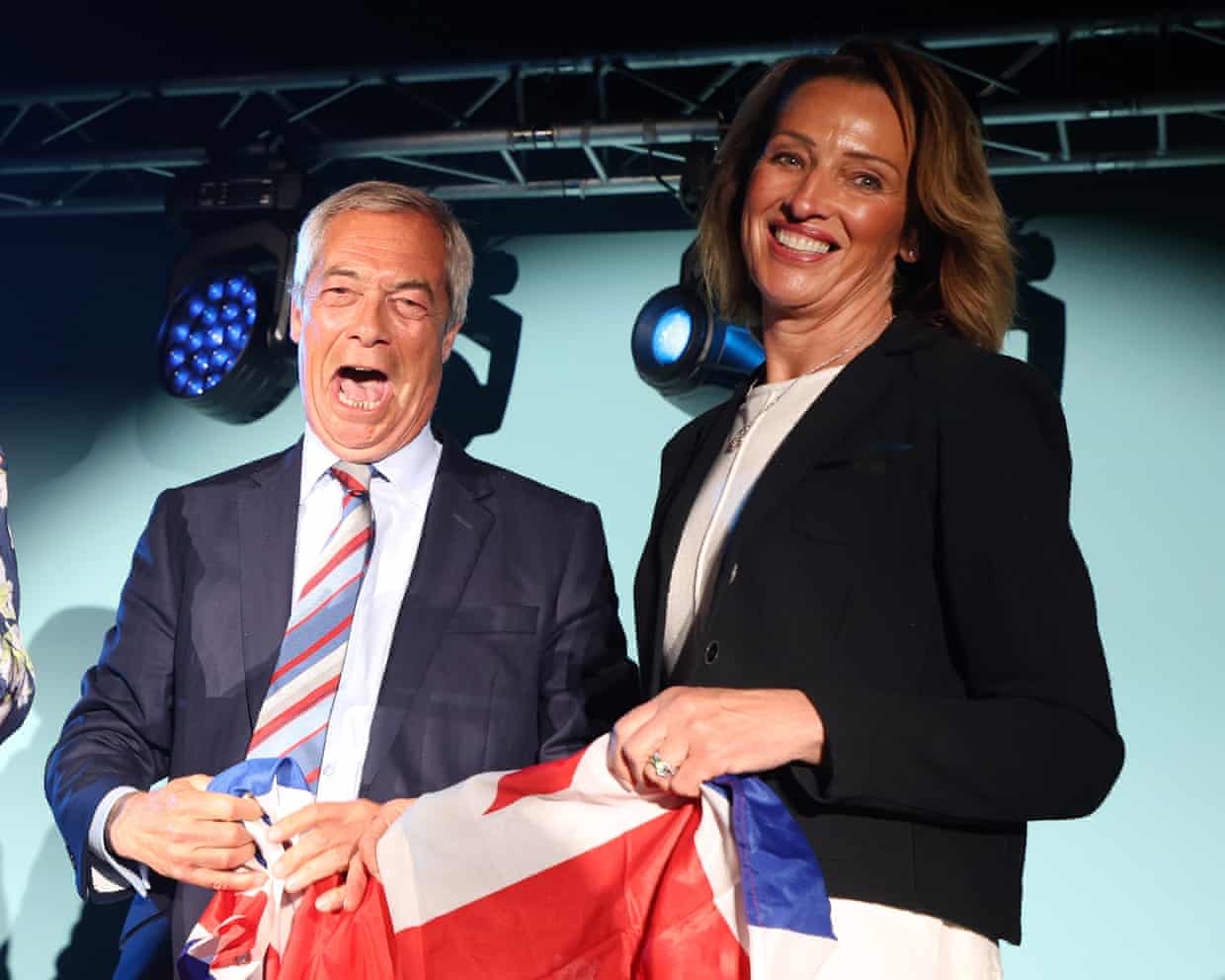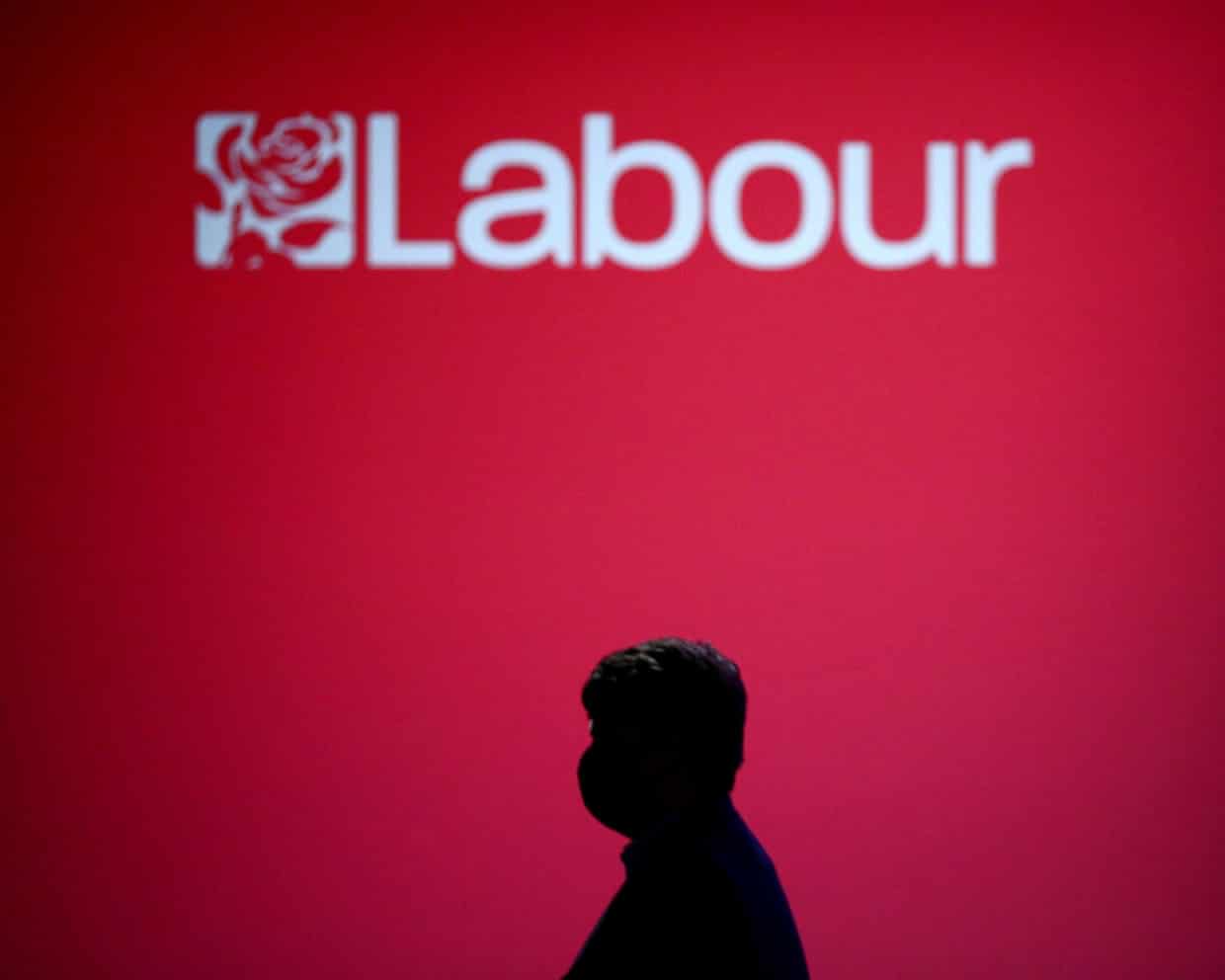Social landlords in England now forced to fix emergencies within 24 hours

The first phase of Awaab’s law, which promises to protect tenants from dangerous social housing conditions, comes into force in England on Monday, in memory of a two-year-old boy who died after exposure to mould in his home.The new legal duties compel landlords to fix emergency health and safety hazards within 24 hours of reporting, investigate significant damp and mould within 10 working days of being notified, make properties safe in five working days after inspection and write the findings to tenants within three working days of inspection completing.Awaab Ishak died in 2020 after prolonged exposure to mould in the property his parents rented on Rochdale’s Freehold estate, Greater Manchester, from the social landlords Rochdale Boroughwide Housing (RBH).Awaab’s law followed campaigning from his family and the Manchester Evening News.The Ministry of Housing, Communities and Local Government says the changes will improve lives for tenants and families living in England’s 4m social rented homes.
The reforms mean social landlords must also consider the circumstances of tenants that could put them at risk – including having young children, disabilities or health conditions.Tenants must be offered alternative accommodation if their homes cannot be made safe in the required timeframes.Landlords who fail to comply face being taken to court, issued with enforcement orders and compelled to pay compensation and legal costs.The housing secretary, Steve Reed, said: “Everyone deserves a safe and decent home to live in, and Awaab Ishak is a powerful reminder of how this can sadly be a matter of life or death.“Awaab’s family has fought hard for change and their work to protect millions of tenants’ lives will live on as a legacy to their son.
Our changes will give tenants a stronger voice and force landlords to act urgently when lives are at risk, ensuring such tragedies are never repeated.”As the rules come into force in England, a UK-wide survey found 23% of those who said they had problems such as damp, mould or condensation in their homes were social renters, while 21% were in private rented accommodation.A survey of 3,982 adults was conducted by Censuswide this month for the Health Equals campaign, which suggests lives are being cut short across the UK with damp, cold and mould in people’s homes being part of the problem.Campaigners are calling for the new, tougher requirements for social landlords to act more quickly on problems to be applied urgently to the private rented sector.Sign up to First EditionOur morning email breaks down the key stories of the day, telling you what’s happening and why it mattersafter newsletter promotionNext year, phase 2 of Awaab’s law will expand tenant protections from more hazards, including excess cold and heat, fire and electrical risks and hygiene.
Phase 3, in 2027, will extend it to all remaining hazards covered by the housing health and safety rating system, except overcrowding,The government has also committed to extending Awaab’s law to the private rented sector,This will be made law through the renters’ rights bill which, completed its passage through parliament on 22 October,Gavin Smart, the chief executive at the Chartered Institute of Housing, said: “We welcome Awaab’s law as a significant step in ensuring that all social housing tenants live in safe and decent homes,It is the culmination of committed efforts by Awaab Ishak’s family and provides an important new framework for addressing serious health and safety concerns, beginning with damp and mould.
“Social landlords have been preparing for this change and have new processes in place to respond to these new requirements,We also welcome the new funding to enhance tenant engagement, a vital investment to help build cultures of trust, accountability and safety in social housing,”

UK watchdog raises competition concerns over Greencore-Bakkavor deal
Greencore’s £1.2bn deal to buy Bakkavor is under the spotlight after the competition watchdog said the tie-up between Britain’s biggest sandwich maker and its rival could harm competition.Greencore struck a deal in April to buy its rival Bakkavor, which supplies pizzas, salads and other snacks to leading supermarkets such as Tesco, Marks & Spencer, Sainsbury’s, Waitrose and Asda.Together the companies said they would create a UK convenience food business with a combined revenue of £4bn.However, the Competition and Markets Authority (CMA) has said the deal could result in a “substantial lessening of competition” within the market for supermarket own-label chilled sauces

AI can help authors beat writer’s block, says Bloomsbury chief
Authors will come to rely on artificial intelligence to help them beat writer’s block, the boss of the book publisher Bloomsbury has said.Nigel Newton, the founder and chief executive of the publisher behind the Harry Potter series, said the technology could support almost all creative arts, although it would not fully replace prominent writers.“I think AI will probably help creativity, because it will enable the 8 billion people on the planet to get started on some creative area where they might have hesitated to take the first step,” he told the PA news agency.“AI gets them going and writes the first paragraph, or first chapter, and gets them back in the zone,” he said. “And it can do similar things with painting and music composition and with almost all of the creative arts

Supermarkets tell Reeves tax rises could push food prices higher
Food prices in the UK could climb even further if the chancellor raises taxes on supermarkets at the next budget, the industry has warned.Supermarket bosses, including those at Tesco, Asda, Sainsbury’s and Morrisons, have said in a letter to Rachel Reeves that households would “inevitably feel the impact” of potential tax rises on the sector.“If the industry faces higher taxes in the coming budget – such as being included in the new surtax on business rates – our ability to deliver value for our customers will become even more challenging, and it will be households who inevitably feel the impact,” they wrote in the joint letter.“Given the costs currently falling on the industry, including from the last budget, high food inflation is likely to persist into 2026. This is not something that we would want to see prolonged by any measure in the budget

Does your boss have the right to time your bathroom breaks when you work from home? | Gene Marks
How long does it take you to go to the bathroom? And does your boss have any right to ask?According to a recent story in the New York Post, one manager warned workers of the company’s “five-minute rule” which required work-from-home employees to “notify the team” if they stepped away from their desk for any reason, including to use the bathroom.“This helps us stay aligned and ensures nothing is missed. Thank you for your co-operation,” the manager said in an email shared online by an irate worker. Not surprisingly, this policy did not go over very well with some.“5 min?” one commenter wrote

Trump sanctions have swift impact but will world stop buying Russian oil and gas?
Donald Trump’s stated mission to broker peace in Ukraine could come down to this simple question: can the US president convince the world to stop buying Russia’s fossil fuels?Last week, Trump imposed sanctions on Russia’s two largest oil companies, Rosneft and Lukoil, in an effort to damage Moscow’s ability to fund its war machine.Tom Keatinge, the founding director of the Centre for Finance and Security (CFS) at the defence thinktank Rusi, said: “The US has been more effective in 24 hours than the EU has been in the last six months. Trump is willing to say what many others are too timid or too diplomatic to say out loud. For the longest time people have been calling for Trump to pull out the sanctions hammer. It could be very significant

Peer trying to derail UK smoking ban discussed bill with relative at tobacco firm
A member of the House of Lords who is trying to derail the generational ban on tobacco sales discussed the legislation with a family member who is “very high up” at British American Tobacco (BAT).Lord Strathcarron is proposing amendments that would scrap the central provision of the tobacco and vapes bill, originally proposed by Rishi Sunak’s government.If the bill is passed in its original form, the UK would become only the second country to implement a so-called generational smoking ban, making it illegal to sell tobacco to anyone born after 2008.Strathcarron’s proposal is to simply raise the legal purchase age from 18 to 21.The change proposed by the peer, who in a recent speech in the Lords described cigars as “harmless”, mirrors BAT’s lobbying position

Lord Taverne obituary

Would a written constitution save Britain from the far right? | Letters

Keir Starmer shares post-punk passion and revisits musical past

Reform MP’s remarks about TV adverts were ‘racist’, says Wes Streeting

‘We have to book bigger rooms’: Green membership surge causes novel problems

Companies that donated to Labour awarded £138m in contracts, study finds